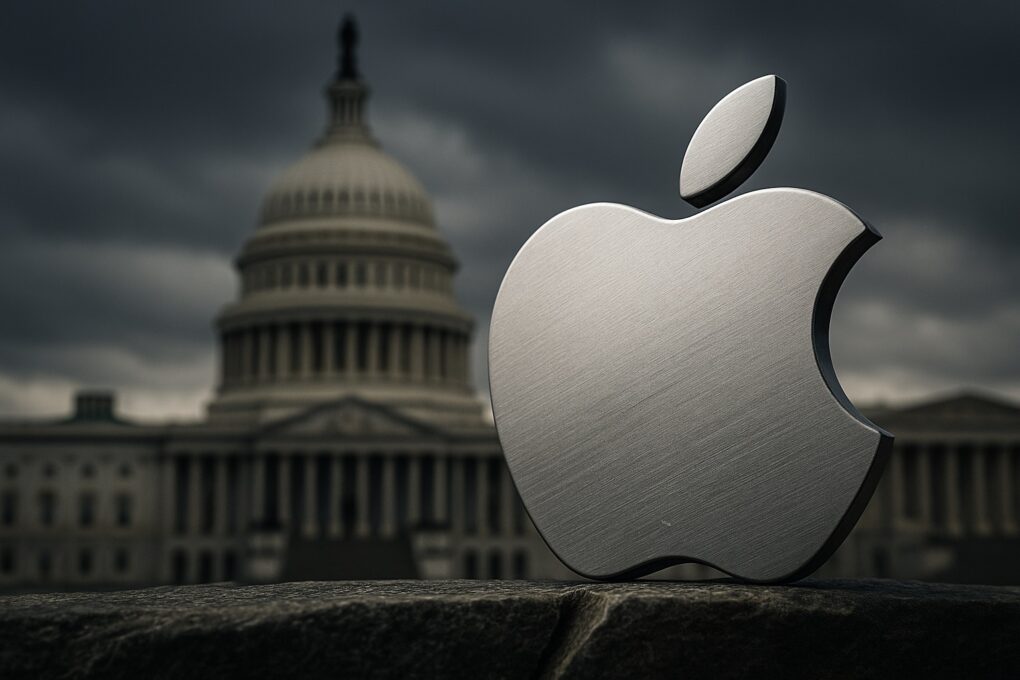President Donald Trump wants Apple to make iPhones in the United States. Otherwise, he threatens to impose a 25% tariff on the company.
A well-connected supply chain analyst thinks that, from a profitability standpoint, it’s better for Apple to absorb the 25% tariff on iPhones. But the bigger concern is the growing political pressure from the U.S. president.
Apple should not move iPhone production back to the US
Due to the ongoing trade war between the United States and China and the uncertainty surrounding the situation, Apple is assembling as many iPhones in India as possible. This move did not go down well with Trump, who has been bullying companies into bringing production back to the United States.
In mid-May, he called out Apple for expanding its manufacturing presence in India. “I don’t want you building in India,” Trump said. And now, just over a week later, he threatened Apple, as well as other companies like Samsung, with a 25% tariff unless they domestically manufacture phones sold in the United States.
TF International Securities analyst Ming-Chi Kuo, who closely follows Apple, stated on X that manufacturing in the United States would be less profitable for the company. This makes sense given the high labor and other associated costs in the United States. It would simply cost Apple more to build iPhones in its home country than in India or China.
More importantly, Kuo notes that the additional tariffs should not be the company’s biggest concern. The real concern is Trump’s repeated targeting of Apple.
Trump’s ongoing attacks put pressure on Apple
“Apple’s top priority in negotiations with Trump should be finding ways to avoid, delay, or prevent higher iPhone tariffs,” Kuo wrote Friday on X. “For example, Apple could adjust its DEI policies to secure Trump’s temporary commitment to hold off on targeting them.”
Apple can’t realistically move iPhone production to the United States, especially within Trump’s term in office. Plus, as Kuo mentions, even if the company manages to secure temporary tariff relief from Trump this time, there’s no assurance he won’t revisit the threat in the future.
Apple announced a record-breaking $500 billion investment in the United States earlier this year to please Trump. But that does not seem to have worked.


